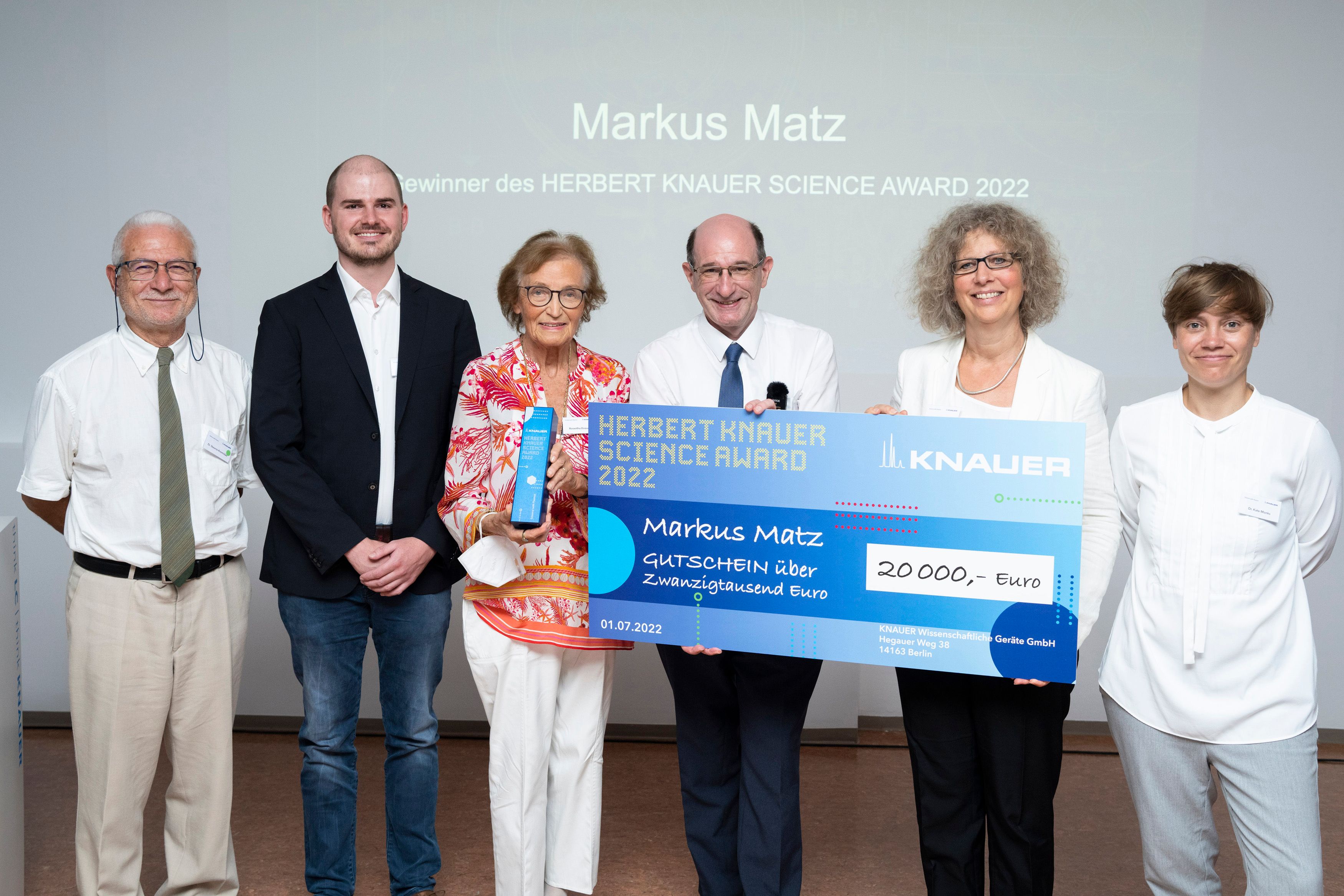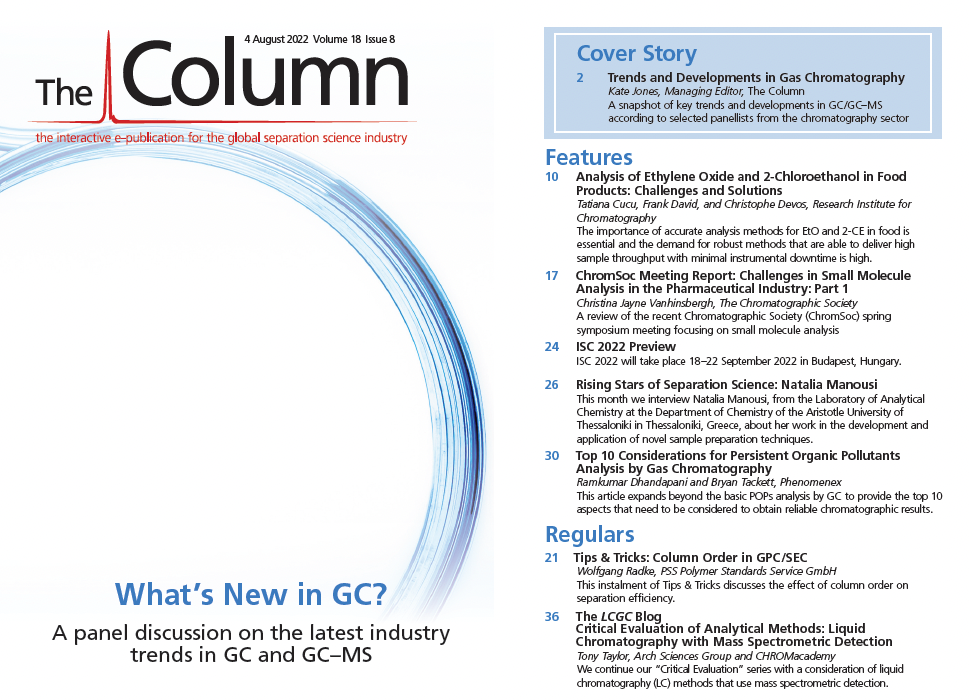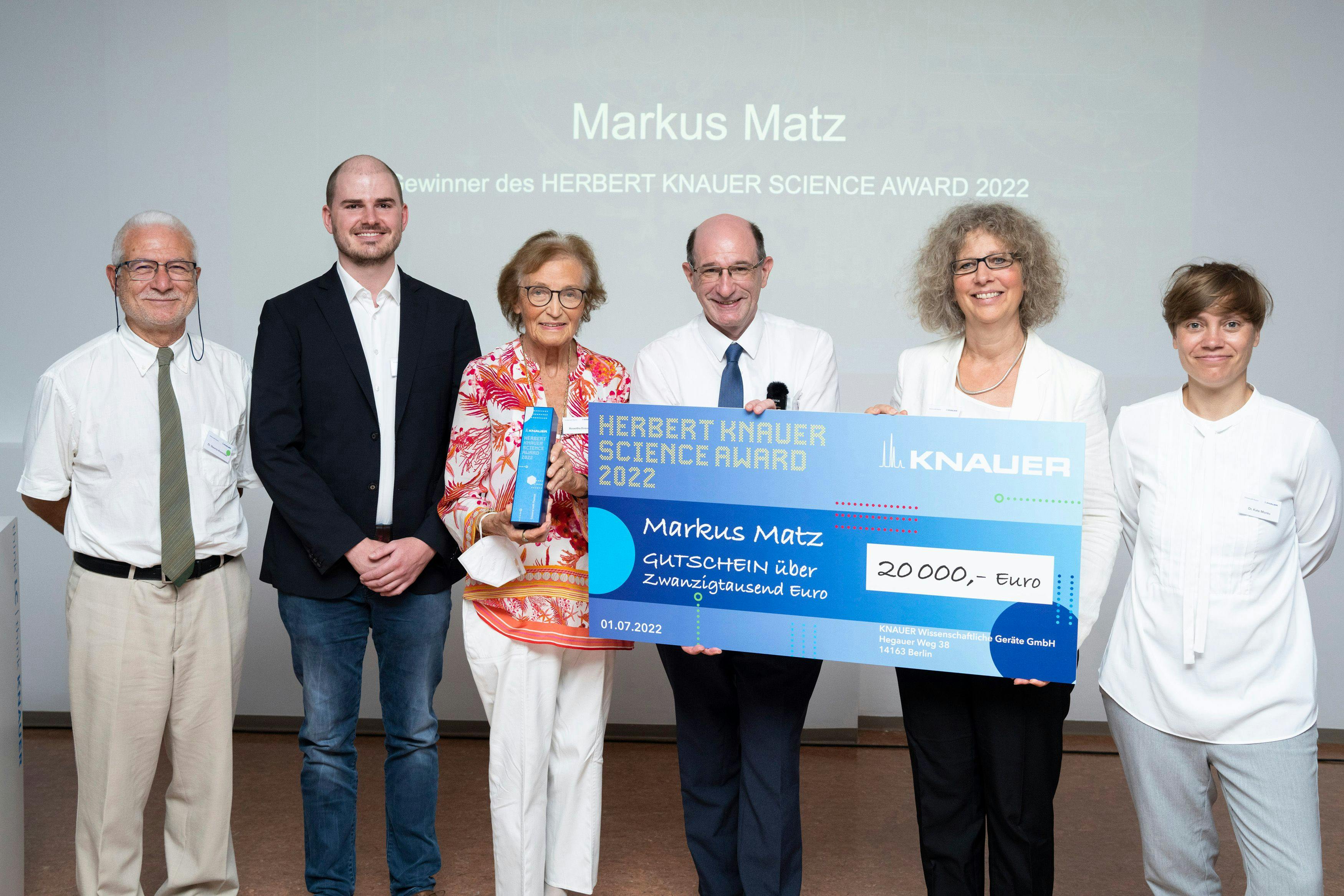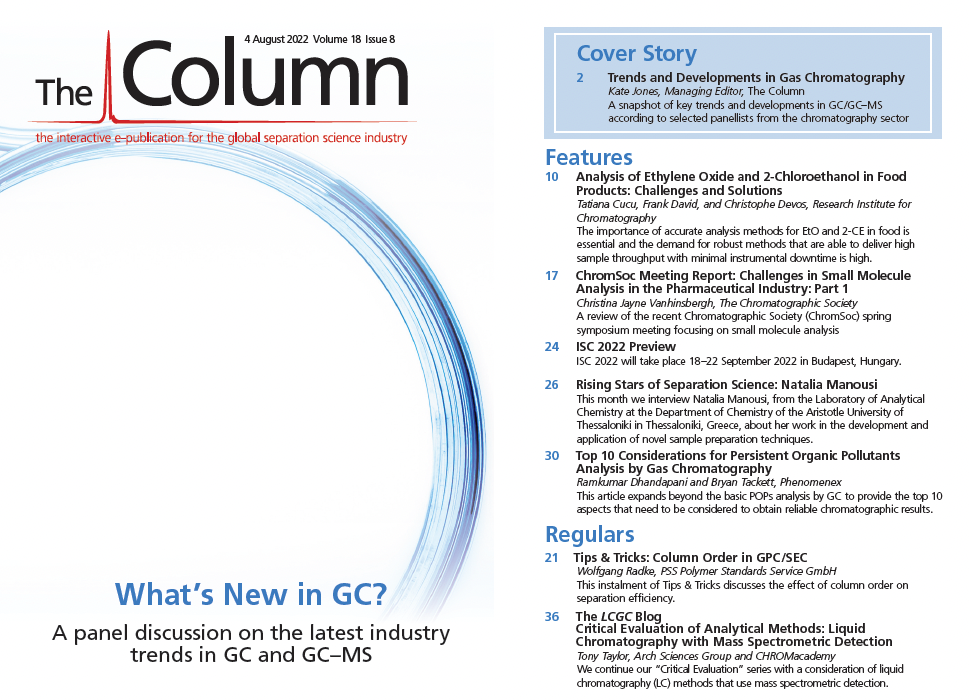Knauer Celebrates 60 Glorious Years
The Berlin-based manufacturer of high-tech laboratory measuring instruments, Knauer, celebrated the company’s 60th anniversary in July with a party under the motto: “Science with Passion”. For this occasion, the company invited about 100 guests from science, politics, and business to celebrate the long‑standing business success, including Maren Schellenberg, District Mayor for Steglitz/Zehlendorf from the Green Party.
After an introductory welcome by Managing Director Alexandra Knauer, Tino Schopf (SPD), State Secretary for Energy and Operations at the Berlin Senate Department for Economics, Energy and Operations, paid tribute to the company’s anniversary: “For decades, Knauer has been an integral and important part of Berlin as a location for business and innovation. When equipment for encapsulating mRNA was urgently needed in the course of vaccine production against the Corona virus, Knauer developed and manufactured it in record time in collaboration with a pharmaceutical company. An impressive achievement with which the company has made a major contribution in the fight against the pandemic. I am very pleased to join in celebrating the 60th anniversary of this outstanding Berlin-based family business. For the future, I wish continued success to the company and its 170 employees and look forward to the coming innovative developments and Knauer products from Berlin for the world.”

Under the provocative headline “Sustainability is Not A Trend”, the Head of the Quality and Laboratory Department at Knauer, Kate Monks, presented how significant the topic is for the family business.
The winner of the “Herbert Knauer Science Award 2022” was also announced by Roswitha Knauer, who founded the company in 1962 with her husband, Herbert Knauer. In addition to a trophy, the winning entry will also receive a voucher for scientific equipment from Knauer worth 20,000 Euros.
The winner was Markus Matz, a 28-year‑old doctoral candidate working at the Institute of Chemical Technology and Polymer Chemistry (ITCP) at the Karlsruhe Institute of Technology (KIT). His award‑winning project deals with nuclear magnetic resonance (NMR) as a detection method for liquid chromatography, which reveals highly detailed information about the separated molecules. His innovation significantly improves the resolution of the benchtop NMR instrument used and is a step in the direction of making NMR detection more tangible for standard laboratories.
Guests and presenters were able to exchange ideas in a relaxed atmosphere over a delicious buffet while heavy rain showers raged outside. A round of house tours in several groups, organized with clockwork precision, provided an opportunity to see how Knauer manufactures its equipment
in Berlin.
The day concluded with a “Happy Afternoon Garden Party”, with food, cocktails, and music all available. A successful conclusion to celebrate the first 60 years!

Understanding FDA Recommendations for N-Nitrosamine Impurity Levels
April 17th 2025We spoke with Josh Hoerner, general manager of Purisys, which specializes in a small volume custom synthesis and specialized controlled substance manufacturing, to gain his perspective on FDA’s recommendations for acceptable intake limits for N-nitrosamine impurities.
University of Rouen-Normandy Scientists Explore Eco-Friendly Sampling Approach for GC-HRMS
April 17th 2025Root exudates—substances secreted by living plant roots—are challenging to sample, as they are typically extracted using artificial devices and can vary widely in both quantity and composition across plant species.
Determining the Serum Proteomic Profile in Migraine Patients with LC–MS
April 17th 2025Researchers used liquid chromatography–mass spectrometry (LC–MS) in their proteomic analysis to compare the serum proteome of migraine patients with healthy controls and to identify differentially expressed proteins as potential migraine biomarkers.
















